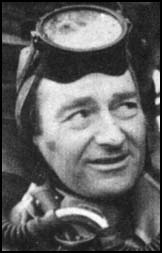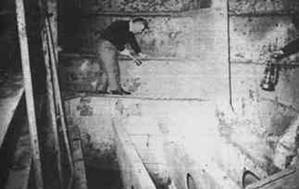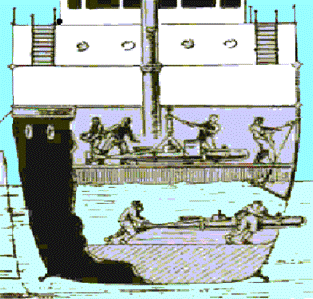Le Maiale SLC
English Translation
Une flotte militaire est un élément important dans l’arsenal d’un pays. Mais cette arme est une arme vulnérable qui doit être qu’elle ne croise pas en mer , protégée dans un port militaire dont les accès sont protégés par des ouvrages de défense actifs comme des Forts ou passifs comme des filets ou chaînes . Tout au long de l histoire des hommes intrépides ont essayé de pénétrer dans ces ports pour couler les navires ennemis.
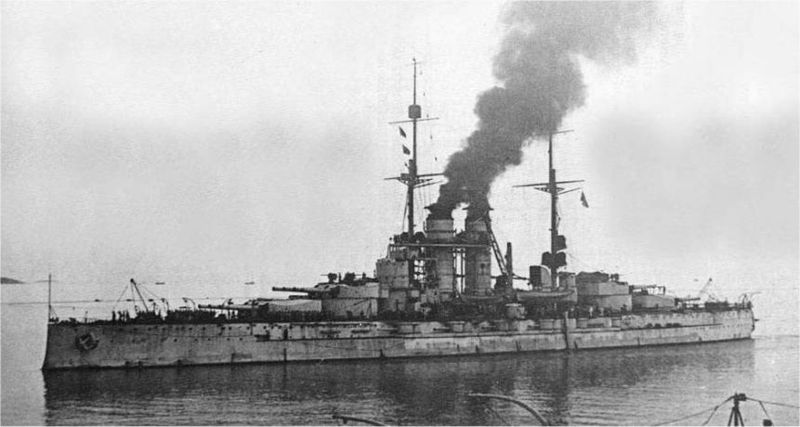 |
 |
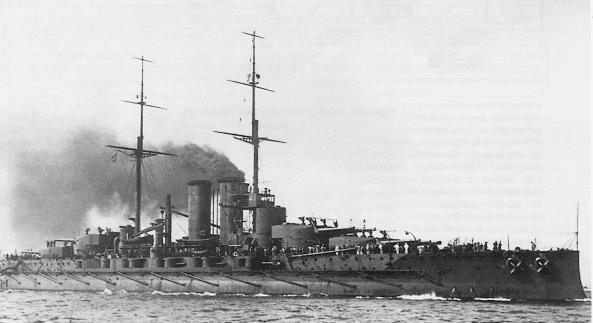 |
| SMS Sznet Istvan |
MAS 15 |
SMS Viribus Unitis |
Mais ils attendre la 1° Guerre mondiale pour voir ces actions « commando » se développer. Ce sont les Italiens qui ont été les pionniers en la matière avec leurs actions spectaculaires contre la Flotte Austro Hongroise qui a subit deux pertes importantes en 1918
En effet le 1/06/1918 le cuirassé Szent Istvan est coulé par un barchini (MAS 15) et le 1° novembre 1918 c’est au tour du cuirassé Viribus Unitis qui vient de passer sous contrôle yougoslave qui est coulé par 2 scaphandriers italiens de la Regia Marina, Raffaele Paolucci et Raffaele Rossetti qui ont utilisé une torpille humaine primitive Mignatta pour pouvoir pénétrer à l’intérieur de la base de Pola .
Entre les deux guerres les études continuent mais ce sont les italiens qui font le plus progrès dans le domaine
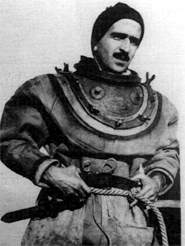 |
| Teseo Tesei |
En 1938 les Italiens créent la "1a Flottiglia Mezzi d'Assalto" (1° MAS) ; Elle a vue le jour grâce au travail de deux hommes qui ont repris et développé les idées et les techniques qui avaient si bien réussi à Paolucci et Rossetti ; Il s’agit des Major Teseo Tesei et Elios Toschi
La guerre éclate .la Regia Marina est puissante sur le papier
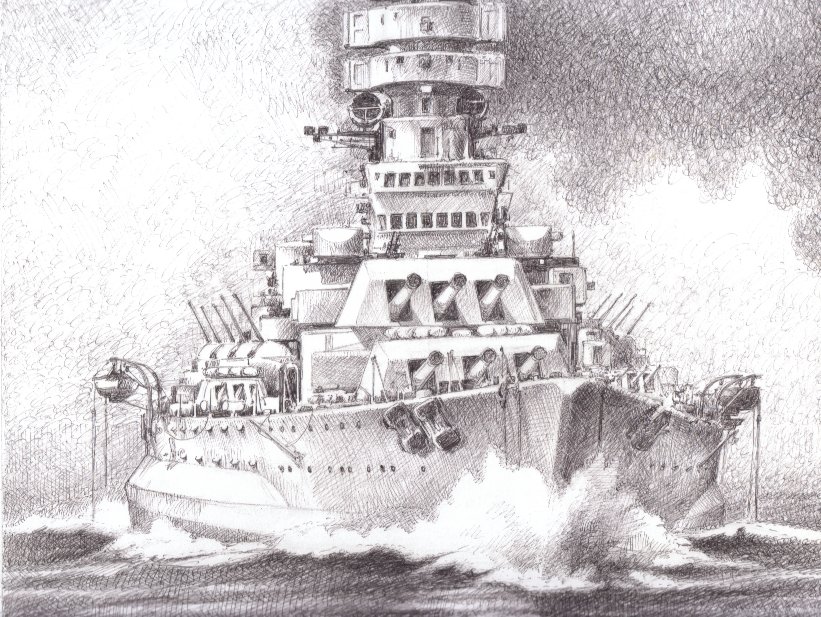 |
| Le Vittorio Veneto |
.Elle possède des navires superbes neufs et puissants. Mais elle n’ose se frotter à la Royale et la Royal Navy. Elle mène quelques actions commandos sur Gibraltar à partir du part espagnol d’Algesiras (30 octobre 1940 ) ou elle trouve sur sa route Lionel Crab qui est ,l’équivalent anglais de Teseo Tesei Mais elle est humiliée lorsque les anglais lancent un raid sur Tarente le Scapa Flow italien Les pertes sont lourdes
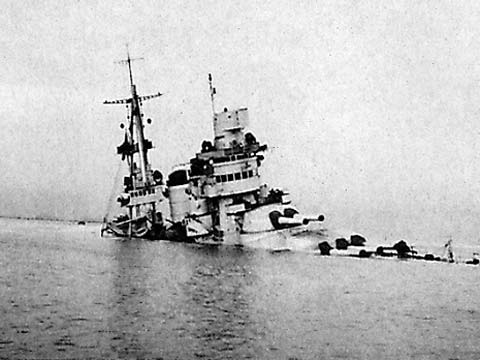 |
.jpg) |
le Conte di Cavour |
Le Littorio |
Moins d’un mois après la Regia Marina prend une revanche éclatante en attaquant la flotte anglaise retranchée dans Alexandrie
.jpg) |
(1).jpg) |
| HMS Valiant |
HMS Queen Elizabeth |
Le matin du 19 décembre 1941 un groupe de 3 Maiale numérotés 221 .222.223 se dirigent lentement vers le port d’Alexandrie Ils sont conduits par Luigi Durand de la Penne chef du groupe Vincenzo Martellotta, et Antonio Marceglia, assistés des sergents chefs plongeurs Emilio Bianchi , Mario Marino et du sergeant Spartaco Schergat
De la Penne, et son groupe après avoir passé avec grandes difficultés tous les obstacles réussi à déposer sa charge sous la coque de l HMS Valiant à l aplomb des tourelles avant Il fut fait prisonnier avec son adjoint lorsqu’il remonta à la surface. Il fut enfermé dans les cales du cuirassé à coté de la Sainte Barbe refusant d’indiquer la position de la charge mais demandant aux autorités anglaises de faire évacuer le bâtiment. Il survivra à l explosion
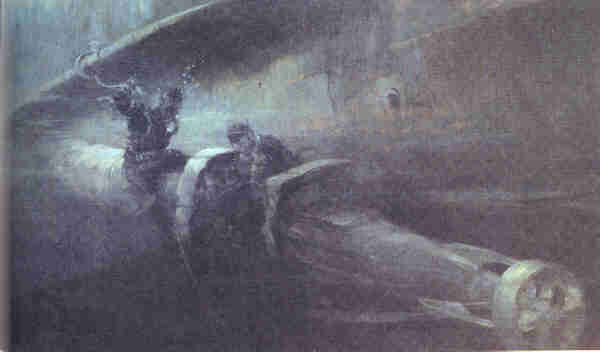
Prisonnier en Angleterre jusqu’en 1944 il fut libéré et participa à la fin de la guerre aux cotés des Alliés. en mars 1945 il fut décoré de la Medaglia d'Oro al Valore Militare par l'ancien commandant de l’HMS Valiant qu’il avait coulé en 1941 . Il fut ensuite officier de la Marina Italiana député et enfin Ammiraglio di Squadra (RO5) Il est mort le 17/01/1992 à Gênes.
Les italiens continuent leurs actions tant avec leurs Maiale qu’avec leurs barchini.En 1941 la Regia Marina décide de transformer la 1° MAS en X° MAS sous les ordres de Ernesto Forza.
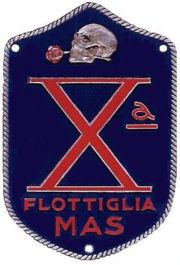
Les tactiques évoluent avec outre l’entraînement des maiale et des barchini un entraînement de nageurs de combat (nuotatori).
Mais en 1941: lors d’une attaque sur le port de la X MAS est décimée son chef le Major Teseo Tesei y perd la vie.
Le 2 Octobre 1943 une grosse torpille humaine appelé Siluro San Bartolomeo, (SSB) et transportant 4 hommes grenouilles tente de monter une nouvelle attaque sur Gibraltar. Mais elle échoue
L’Italie ayant conclu un armistice les attaques des maiale vont aller en décroissant par contre les Allemands et les Anglais vont prendre le relais.
Le 8 Juillet 1944 une torpille humaine Neger conduite par le Lieutenant Potthast endommage le croiseur polonais Dragon sur les cotes Normandes
Les anglais de leur coté essayent vainement de couler le Tirpitz. Ce sera les bombardiers du bomber Command qui se chargeront de la tache
Quelques actions auront lieu dans le Pacifique contre la Flotte impériale Japonaise (IJN) notamment les 27et 28 Octobre 1944: lors de l’attaque de la base de Phuket en Thaïlande avec deux Mk 2 Chariots prénommés Tiny et Slasher.
Dans l’immédiat après guerre les SLC furent utilisés pour débarrasser les ports des mines et des obstacles
ensuite ils furent utilisés lors de la guerre froide. Le héros anglais Lionel Crabb y perdra la vie.
Description

Il Siluro a lenta corsa, SLC, connu sous le nom de Maiale, est un sous marin de poche ayant une forme de torpille pouvant amener 2 hommes grenouilles vers un objectif afin d’y déposer une charge explosive
Actuellement les italiens possèdent un moyen similaire mais il est protégé par le secret défense absolu et rien ne filtre de ses capacités
 |
| Mignatta 1918 L ancêtre |
Les premiers SLC datent d’avant le début de la 1° guerre Mondiale avaient une longueur de 7,30 m et étaient mus par un moteur électrique de 1.6 CV qui était alimenté via des accumulateurs Ces accumulateurs lui conféraient une vitesse maximale de 3 noeuds mais la vitesse de croisière était de 2.5 nœuds pour une autonomie de 75 miles.
La torpille pouvait plonger et se diriger grâce à des gouvernes. Le tableau de bord comprenait une boussole magnétique, un calculateur d'immersion, une montre un voltmètre, 2 amperamêtres et un calculateur d’assiette.
Le SLC était composé de 3 sections:
A l’avant une tête militaire ou testa di servizio de 230 kg de Tritolital ou Tritolite placée dans un tube de forme arrondi à son extrémité afin de favoriser la pénétration dans l’eau . Sur la tête on trouvait les consignes de manipulation de cette tête. celle-ci était détachée du corps de la SLC pour être positionnée sous le bateau
Ensuite nous trouvons la parte centrale, de forme cylindrique qui contenait les batteries et où était disposé les sièges de l’équipage avec les instruments pour la manœuvre de l’engin
Enfin nous trouvons la partie arrière de forme tronconique où se trouve le moteur les hélices et les gouvernails
L assault
Les SLC sont positionnés dans des cylindres soudés sur la coques de sous marins.
Le sous marin pour déposer ses SLC doit pouvoir s’approcher le plus près de l’objectif sans se faire repérer . Une fois en surface l’équipage sort les SLC de leur cocon et ils s’assurent qu’ils sont en parfait état de marche. Si tout est OK ils se mettent à l’eau et se dirigent vers leur objectif entre deux eaux en tenant la tête hors de l eau (quota occhiali) afin d’économiser les réserves d’air et en s’aidant de la boussole, mais en cas de danger la SLC peut plonger immédiatement. A l’approche de l’objectif la SLC plonge .
L entrée de port est souvent protégé par un Filet qui doit être contourné ou cisaillé
Une fois dans l objectif la SLC navigue entre deux eaux le plus possible et se dirige vers la cible . Arrivé à 30 mètres elle plonge et se dirige dans le noir le plus complet vers la quille de la cible. Un fois sur zone le pilote reste assis sur la SLC alors que son coéquipier mets en place la charge au moyen de boulons Une fois la charge placée on règle la minuterie
ensuite l’équipage essaie de regagner la sortie sain et sauf et de retrouver son sous marin
Les anglais copièrent cet engin qu’il nommèrent Chariot
Faits d armes de la X° MAS
21/07/1941 1° raid sur Gibraltar échec le sous marin Iride est coule en route par les avions de l HMS Eagle
22 /08/1940 1° raid sur Alexandrie le sous marin Adua amène un commando qui échoue et est capturée
24/09/1941 2° Raid sur Gibraltar le sous marin Sciré commandé par le prince Borghèse doit faire demi tour car la flotte Anglaise n’est plus dans le port
30/09/1940 2° raid sur Alexandrie
21/10/1940 3° Raid Gibraltar un commando entre dans le port mais ne peut déposer de charges il est parti fait prisonnier les survivants se réfugient en Espagne
25/03/1941 Des Barchini transportes par les destroyers Silla et Crispi pénètrent dans le port de la Sude et mettent hors service le croiseur HOMS York
25/05/1941 4° raid sur Gibraltar Le sous marin Scirre dépose un commando qui pénètre dans le port mais la flotte britannique n’est pas au rendez vous .Apres avoir coulé un navire marchand le commando se réfugie en Espagne
26/07/1941 Tentative de forcer l’entrée du port de Malte avec des SLC et des barchini
27/07/1941 2° tentative de forcer l’entrée du port de Malte échec et mort de T Tesei
10/09/ 1941 5° Raid sur Gibraltar Le sous marin Scirre dépose un commando qui pénètre dans le port et y coule 3 bateaux marchands Le commando se réfugie en Espagne
20/9/1941 6° Raid sur de Gibraltar échec de la tentative d intrusion
19/12/1941e Assaut sur Alexandrie Succès du commando déposé par le sous marin Scirre qui coule les cuirassés HSM Valiant et Queen Elisabeth
29/04/1942 3° raid sur Alexandrie le sous marin Ambra dépose un commando qui devait coule le dock flottant échec de la tentative
Sébastopol entre 10 juin et 1 juillet 1942
10 juin attaque réussi sur un navire de 5.000 tonneaux.
12 juin attaque réussie contre un navire de 10 000 tonnes qui sera achevé par la Luftwaffe.
18 juin1942: attaque contre le croiseur Molotov (10.230 tonneaux) qui sera coulé par la suite par des vedettes
19 juin1942: attaque réussi contre le sous marin"Qquoka".
1 juillet1942: guérilla contre les vedettes soviétiques dans les eaux du port
Juillet 1942 Les italiens disposent d’une base fixe à Algesiras avec le bâtiment Olterra qui se fait interner dans le port Il va servir de base logistique pour des petites opérations contre Gibraltar
13/07/1942 7° raid avec des hommes grenouilles sur Algesiras 7 bâtiments sont coulés les commandos retournent sains et sauf sur le navire base
04/12/1942 Attaque sur le Port d’Alger le sous marin Ambra dépose un commando mais qui ne peut pénétrer dans le port . Il fait sauter deux bâtiments à l’extérieur du port
17/12/1942 8° raid contre Gibraltar contre les bâtiments militaires échec
07/05/1943 9° Raid contre Gibraltar à partir du bâtiment base Olterra 2 bâtiments civils coulés
04/08/1943 10° Raid Gibraltar à partir du bâtiment base Olterra 3 navires civils coulés
08/08/1943 L’Olterra se rend dans le port de Gibraltar après la signature de l armistice
Cobelligérants
19/04/1945 Attaque sur le Port de Gênes.
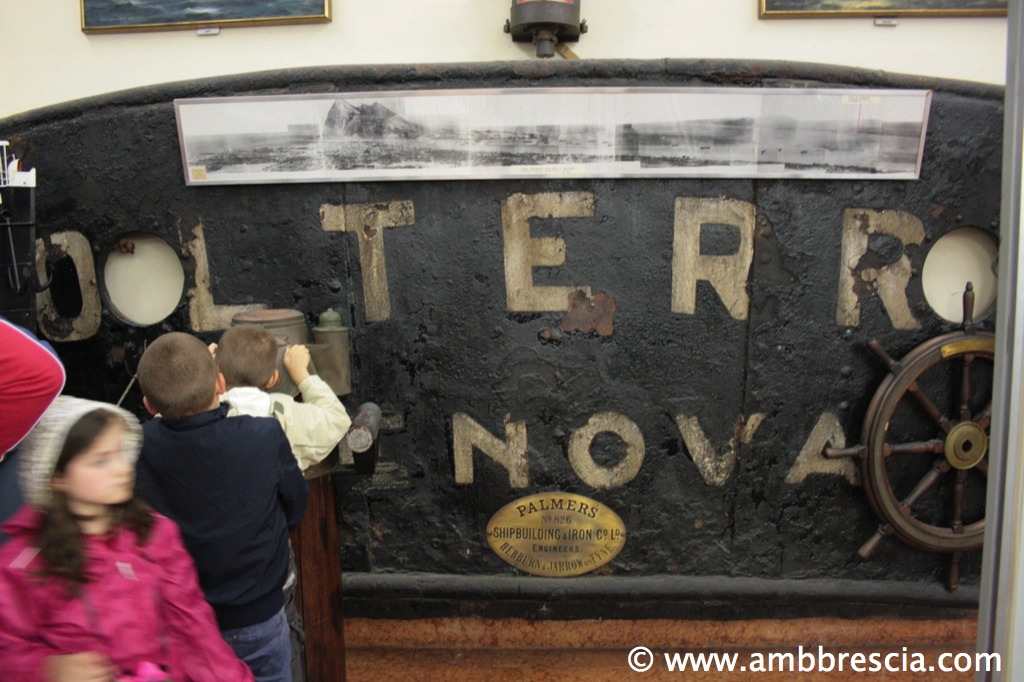 |
| Olterra La Spezia |
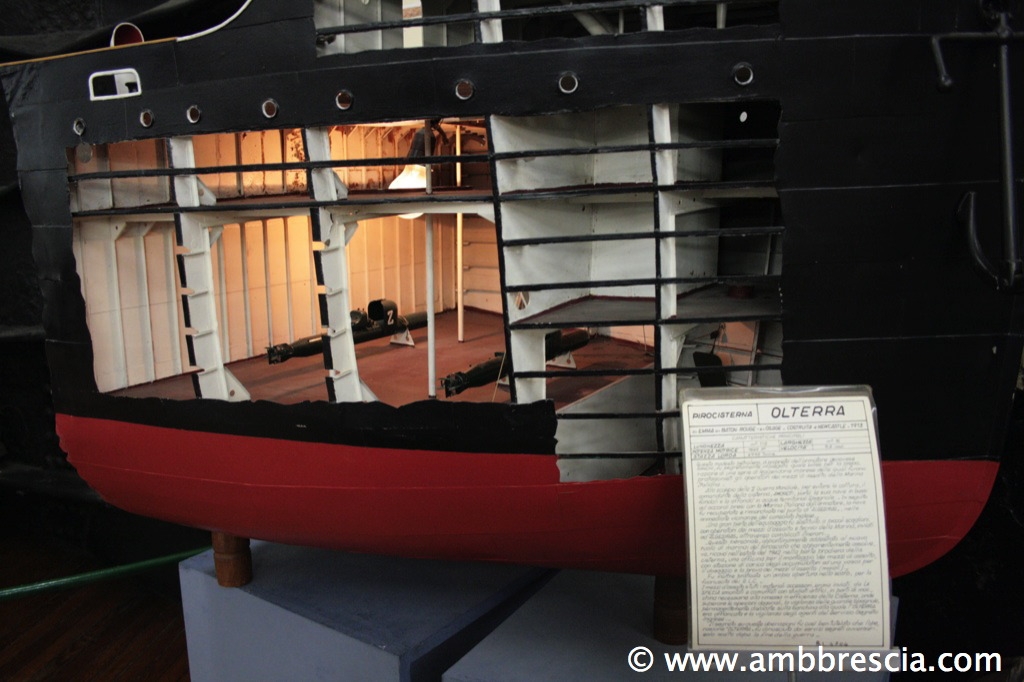 |
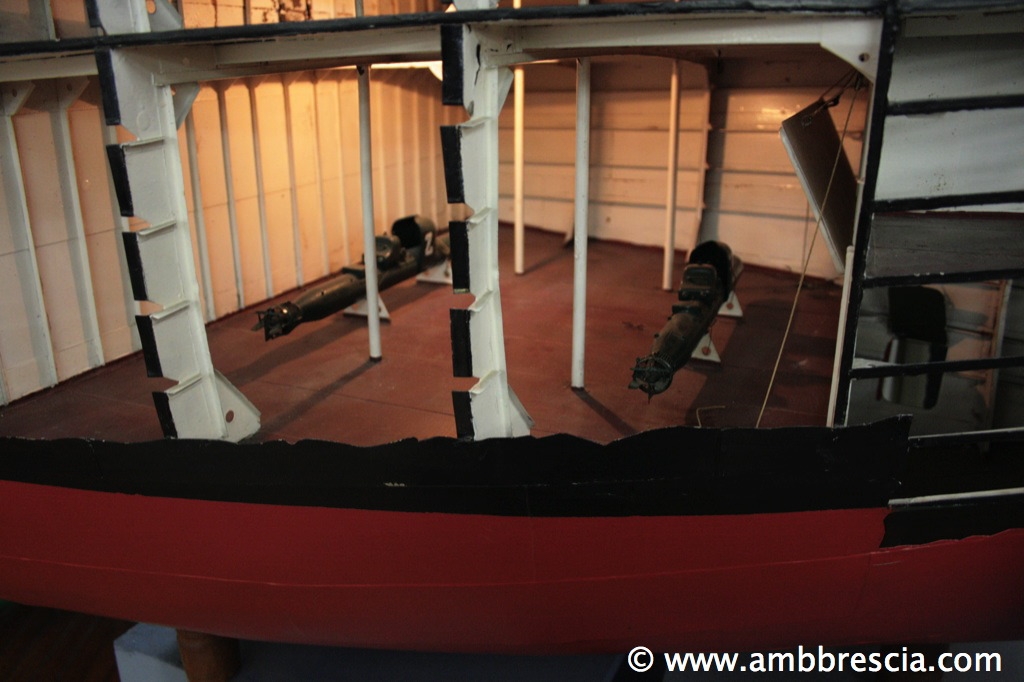 |
| Olterra La Spezia |
Caractéristiques
Constructeur Officine San Bartolomeo La Spezía
Longueur 6,70 m
Diamètre 0.533 mm
Equipage 2
Propulsion Moteur électrique 1.6 CV
Vitesse maximale 4.5 nœuds
de croisière 2 nœuds
Autonomie 4 miles a 4.5 noeuds
75 miles a vitesse de croisière
Profondeur 15 à 30 mètres
Armement
1° version tête militaire 220 kg
2° version tête militaire 250 kg
dernière version: tête militaire 300 kg
Je remercie Yvan Ferrando et le club AMV Lilliput pour le prêt des images du photoscope
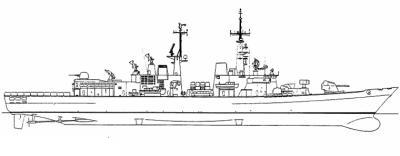 |
| DD Durand de la Pene 1995 |
autres Photoscopes Other Walk Around
ICI et ICI
Voir Aussi Autre Photoscope See Also Other Walk Around
Chariot Mark II
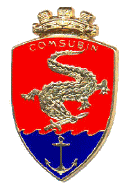
.
A military fleet is an important element in the arsenal of a country. But this weapon is a vunerable weapon which has to be, protect in a military harbour whose access is protected by very strong defence Actives( Fortification) or passive (Chain ). Throughout the history intrepid mens have tried to penetrate into these ports to sink enemy ships.
 |
 |
 |
| SMS Sznet Istvana |
MAS 15 |
SMS Viribus Unitis |
But he try to wait the WW 1 ° to see these actions "commando" to be developed . The Italians have been the pioneers in this area with their spectacular actions against Austro Hungarian Fleet who has undergone two significant losses in 1918
Indeed, on june 1st 1918 Istvan Szent the battleship was sunk by a barchini (MAS 15) and on November 1st 1918 it was the turn of battleship Viribus Unitis who just passed controlled Yugoslav which sank by 2 Italians divers of the Regia Marina, Raffaele Paolucci and Raffaele Rossetti who used a primitive human torpedo Mignatta to enter in the Pola base.
Between the two wars the studies continue, but it is the Italians who are the most progress in the domain
 |
|
Teseo Tesei
|
In 1938 the "1a Flottiglia Mezzi of Assalto" (1 ° MAS) was created ; She be born thanks to the work of two men who took over and developed the ideas and techniques that were so successful at Paolucci and Rossetti ; These are Major Teseo Tesei and Elios Toschi
The war broke out. Regia Marina is the powerful on paper
 |
| The Vittorio Veneto |
She has powerfuls, beautifuls and news ships. But she dares to rub at the Royale (french Navy) and the Royal Navy. It takes some commandos actions on Gibraltar from the Spanish harbour of Algeciras on October 30th 1940,
But she finds Lionel Crab to bar this way .Crabb his the english equivalent of Teseo Tesei She his also s humiliated when the English launched a raid on Taranto , the Italian Scapa Flow She has heavies losses
 |
.jpg) |
| The Conte di Cavour |
Littorio |
Less than a month after the Regia Marina takes a revenge by the attack of the English fleet cut in Alexandria
.jpg) |
(1).jpg) |
| HMS Valiant |
HMS Queen Elizabeth |
On the morning of December 19th 1941 a group of 3 Maiale numbered 221 .222.223 move slowly toward the port of Alexandria They are conduct by Luigi Durand de la Penne group leader Vincenzo Martellotta, and Antonio Marceglia, assisted by the divers chiefs sergeants Emilio Bianchi Mario Marino and the sergeant Spartaco Schergat
De la Penne, and his group after major problems with all the obstacles laid down its load under the hull of the HMS Valiant in plumb of the front turrets . He was taken prisoner with his assistant when he go to the surface. He was locked in the hold of battleship next to the St. Barbe (powder magazine ) refusing to indicate the position of the charge but asking the British authorities to evacuate the ship It will survive to the explosion
Prisoner in England until 1944 he was released and took part in the war alongside the Allies. In March 1945 he was awarded the Medaglia d'Oro al Valore Militare by former commander of the HMS Valiant it had sunk in 1941. He was then an officer of the Marina Militare and finally Italian deputy
He finish his military carrier as Squadra Ammiraglio (RO5) He died on 17/01/1992 in Genoa.
The Italians continue with their actions as their Maiale with their barchini.En the 1941 Regia Marina decided to convert the 1st MAS in X°M AS under the orders of Ernesto Forza.
The tactical change with the addition of coaching for maiale barchini trained as a combat frogmen (nuotatori).
But in 1941: in an attack on the port of La Valette the X MAS was decimated and his chief Major Teseo Tesei was killed.
On October 2, 1943 a large human torpedo called Siluro San Bartolomeo, (SSB) with 4 frogmen trying to mount a new attack on Gibraltar. But it fails
Italy signed the armistice with the attacks of maiale will go down but now the Germans and the English will take over.
On July 8th 1944 a torpedo human Neger led by Lieutenant Potthast damages the Polish cruiser Dragon on Normandy coasts
The English try to sunk unsuccessfully the Tirpitz. Ti his the Bomber Command, which sunk finaly the battle ship
Some actions will take place in the Pacific against the Japanese Imperial Fleet (IJN) the 27 and 28 October 1944 whit the attack on the basis of Phuket in Thailand with two Mk 2 Chariots nicknamed Tiny and Slasher.
In the immediate post war SLC were used to rid the ports of mines and obstacles
Then they were used during the cold war. The English hero Lionel Crabb lose his live in 1954s.
Description
The Siluro lenta corsa, or SLC, best known under the name Maiale, is an pocket submarine with a pocket torpedo form leading frogs 2 men
this SLC go to his targer in order to file an explosive charge
Currently Italians have a similar means, but it is protected by the absolute secret defence and nothing filtering capabilities
The first SLC date from before the beginning of WW1 . They had a length of 7.30 m and were powered by an electric motor CV 1.6, which was supplied via accumulators These accumulators gave it a top speed of 3 knots, but the cruising speed was 2.5 knots for an autonomy of 75 miles .
The torpedo could dive and direct through the rudder. The scoreboard includes a magnetic compass, an immersion calculator , a watch a voltmeter, 2 ammeters
The SLC was divided in 3 sections:
A forward with the warhead or testa di servizio (230 kg Tritolital or Tritolite ) placed in a tube shape rounded at the tip to foster penetration in the water. On his head there were instructions for manipulating the head. It was detached from the body of the SLC to be positioned under the boat
Then we find the central part ,cylindrical form that contained batteries, and was arranged the seats of the crew with the instruments for the operation of the torpdedo
Finally we find the rear expanding section where the engine propellers and rudders
The assault
 |
| The Sciré |
The submarines to file its SLC will come closest to the target without being seen. Once on the surface the SLC crew come up the SLC out or their cocoon and ensure that they are in perfect working order.
If everything is OK they put themselves in the water and moving towards their target between waters(half immersion) taking their heads above water (occhiali quota) to save the reserves of air and with the help of the compass, but in case of danger SLC may plunge immediately. With the approach of the target SLC plunges.
The harbour entrance is often protected by a net that must be circumvented or sheared
Once in harbour the SLC sailed between two water as much as possible and heading toward the target. Reaching at 30 metres he plunges it is headed in the dark as to complete the keel of the target.
Once on the pilot area sit on the SLC while his team mate put in place the charge through bolts Once the charge placed he start the timer
Then the crew tries to release the submarine
The English copied this SLC named Chariot
Facts of weapons of X ° MAS
21/07/1941 1 ° Gibraltar failed raid by the submarine Iride sank en route is by aircraft from HMS Eagle
22 / 08/1940 1 ° Alexandria raid by the submarine Adua leads a commando who fails and is captured
24/09/1941 2 ° Gibraltar Raid by the submarine Sciré managed by the Prince Borghese but has to turn because English Fleet is no longer in the port
30/09/1940 2 ° raid on Alexandria
21/10/1940 3 ° Raid Gibraltar between a commando in the port but could not file charges he has captured the survivors took refuge in Spain
25/03/1941 Barchini transported by destroyers and Silla Crispi enter the port La Sude (Creta) and put out of service the cruiser HOMS York
25/05/1941 4 ° The raid on Gibraltar by submarine Scirre files a commando entering the port but the British fleet is not the wait. Destruction of a merchant ship the commando took refuge in Spain
26/07/1941 attempt to enter the port of Malta with SLC and barchini
27/07/1941 2 ° attempted to enter the port of Malta failure and death of T Tesei
10/09 / 1941 5 ° Raid on Gibraltar The submarine Scirre files a commando who enters the port and merchant where he sank 3 vessels The commando took refuge in Spain
20/9/1941 6 ° Raid on Gibraltar failed attempt of intrusion
19/12/194 2e Assault in Alexandria Success of the commando tabled by the underwater Scirre which put KO the battleships Valiant HSM and Queen Elizabeth
29/04/1942 3 ° Alexandria raid by the submarine Ambra filed a commando that was sinking the floating dock failed attempt
Sevastopol between June 10 and July 1, 1942
June 10 successful attack on a ship of 5,000 tons.
June 12 successful attack against a ship of 10,000 tons, which will be after completed destroyed by the Luftwaffe.
18 juin1942: attack on the cruiser Molotov (10,230 tons), destroyed after by Luftwaffe
19 juin1942: successful attack against the submarine "Qquoka."
1 juillet1942: guerrillas against Soviet patrol boats in the waters of the port
July 1942 The Italians have a fixed base to Algesiras with the merchant ship Olterra who is interned in the Spanish harbour of Algesiras It will serve as a logistics base for small operations against Gibraltar
13/07/1942 7 ° raid with frogmen from Algesiras 7 ships are sunk and the commando returning healthy on the ship base
04/12/1942 attack on the Port of Algiers by the submariner Ambra filed a commando but who can get into the harbour Perhaps he sunk two ships outside the port
17/12/1942 8 ° raid on Gibraltar against military ships failure
07/05/1943 9 ° Raid against Gibraltar from basic ship Olterra 2 merchants ships sunk en
04/08/1943 10 ° Raid Gibraltar from Olterra 3 merchants ships sunken
08/08/1943 The Olterra went to the port of Gibraltar after the signing of the Armistice for surrender
 |
| Olterrra La Spezia |
 |
 |
| Olterrra La Spezia |
Cobelligérants
19/04/1945 attack on the Port of Genoa.
Specifications
Manufacturer Officine San Bartolomeo The Spezía
Length 6.70 m
0,533 mm diameter
Crew 2
Propulsion 1.6 hp electric motor
Maximum speed 4.5 knots
Cruise 2 knots
Autonomy 4 miles a 4.5 knots
75 miles a cruising speed
Depth 15 to 30 meters
Weapons
1 ° version 220 kg warhead
2 ° version 250 kg warhead
Latest version: 300 kg warhead
I thank Yvan Ferrando and club AMV Lilliput for the pics of this walk around
 |
| DD Durand de la Pene 1995 |
Others Walk Around HERE HERE



.jpg)

.jpg)









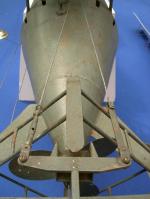
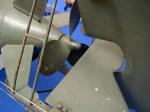
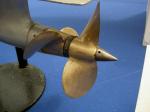
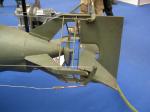
.jpg)
.jpg)
.jpg)





.jpg)
.jpg)
(1).jpg)
